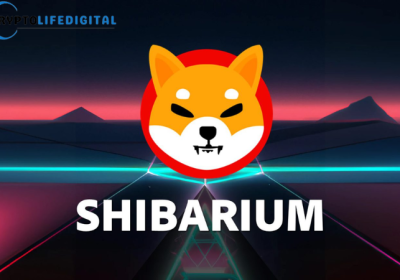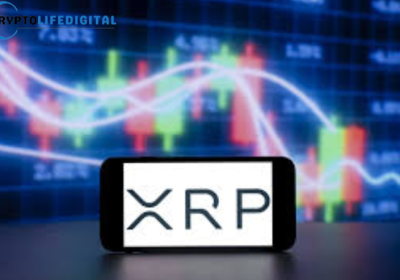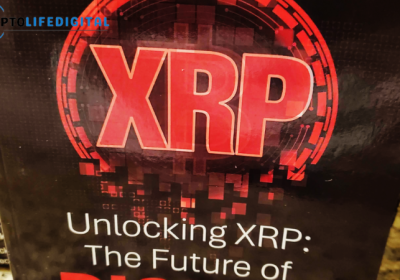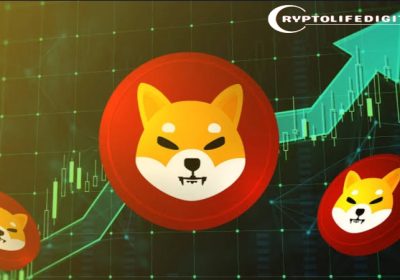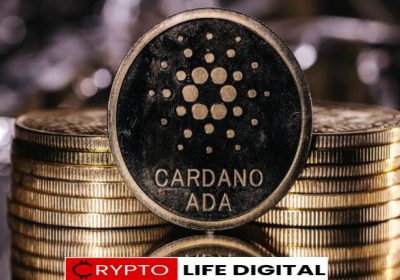Terra Luna Classic and 4 Other Token Considered as Securities, SEC Clear Air
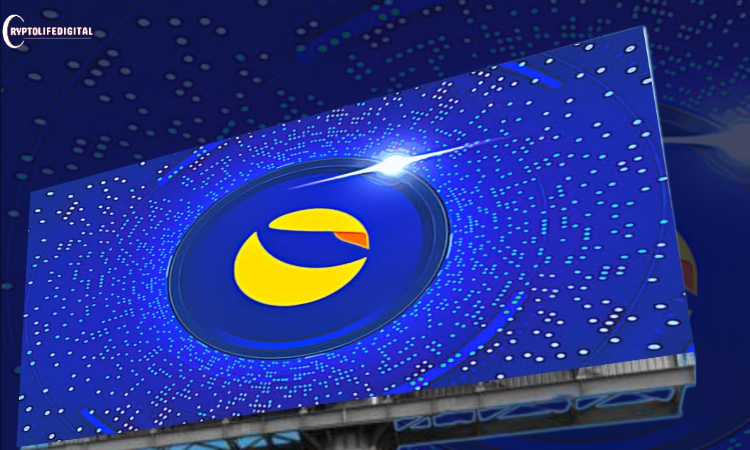
In a recent legal dispute with Consensys, the SEC clarified its position on the classification of several prominent cryptocurrencies as securities. The digital assets in question are Terra Luna Classic (LUNA), Polygon (MATIC), The Sandbox (SAND), Chiliz (CHZ), and Decentrland (MANA). The SEC’s contention is that these cryptocurrencies were initially offered and sold as investment contracts, bringing them under the purview of securities laws.
Consensys Takes on SEC
Consensys, a major player in the crypto space, is alleged to have facilitated the trading of these assets through its MetaMask Swaps platform, leading to the legal action by the SEC. The SEC argues that each of these tokens was marketed with promises of future profits derived from the efforts of the issuing entities, Consensys and related third parties. These promises of profit were promoted through public statements, marketing materials, and the operational strategies outlined by the token issuers.
Read Also: Solana Takes the Lead in NFT Adoption as Price Skyrocket, Leaving BTC and ETH Behind
Why SEC Clarifies Some Token as Securities
For example, Polygon’s native token, MATIC, was positioned as essential for network transactions and governance, incentivizing holders through staking mechanisms and other economic activities. The SEC contends that since its inception, MATIC has been marketed and sold as an investment vehicle, with investors expecting an increase in its value driven by Polygon’s ongoing development and expansion efforts. The details on MATIC’s whitepaper were cited as evidence in this regard.
Similarly, the SEC classified MANA, the digital currency of Decentraland, as a security. MANA facilitates transactions within the Decentraland ecosystem and grants holders rights to participate in governance and content creation.
CHZ, the utility token for Chiliz, used on the Socios platform for fan engagement in sports and entertainment, was also promoted as an investment opportunity, with funds raised explicitly earmarked for platform development, user acquisition, and marketing efforts.
The SEC’s litigation also involved SAND, the token of The Sandbox, a virtual gaming platform powered by blockchain. The SEC argues that SAND’s initial offering portrayed it as an investment vehicle, subjecting it to securities regulations due to the expected returns tied to the platform’s success.
Last but not least, the SEC’s classification includes Terra Luna Classic (LUNA), the native token of Terra, which facilitates stablecoin transactions and platform governance within Terra’s ecosystem. The SEC asserts that Terra Luna Classic’s issuance and trading involved expectations of profit based on Terraform’s development efforts and market adoption of Terra’s stablecoin solutions.
Conclusion
In summary, these digital assets have come under scrutiny by the SEC due to the manner in which they were marketed and sold, with the agency seeking to stand by its classification of them as securities.
Read Also: Bitcoin’s Price Surge to $62K Ignites Excitement in Crypto Market
Follow us on Twitter, Facebook, Telegram, and Google News

Dr. Olajide Samuel juggles the demands of medical studies with a passion for cryptocurrency. A seasoned blogger, Olajide shares his vast global knowledge of the crypto space, offering insights to enthusiasts. Despite his busy schedule, his commitment to crypto remains strong, and he actively seeks ways to contribute to its future.





